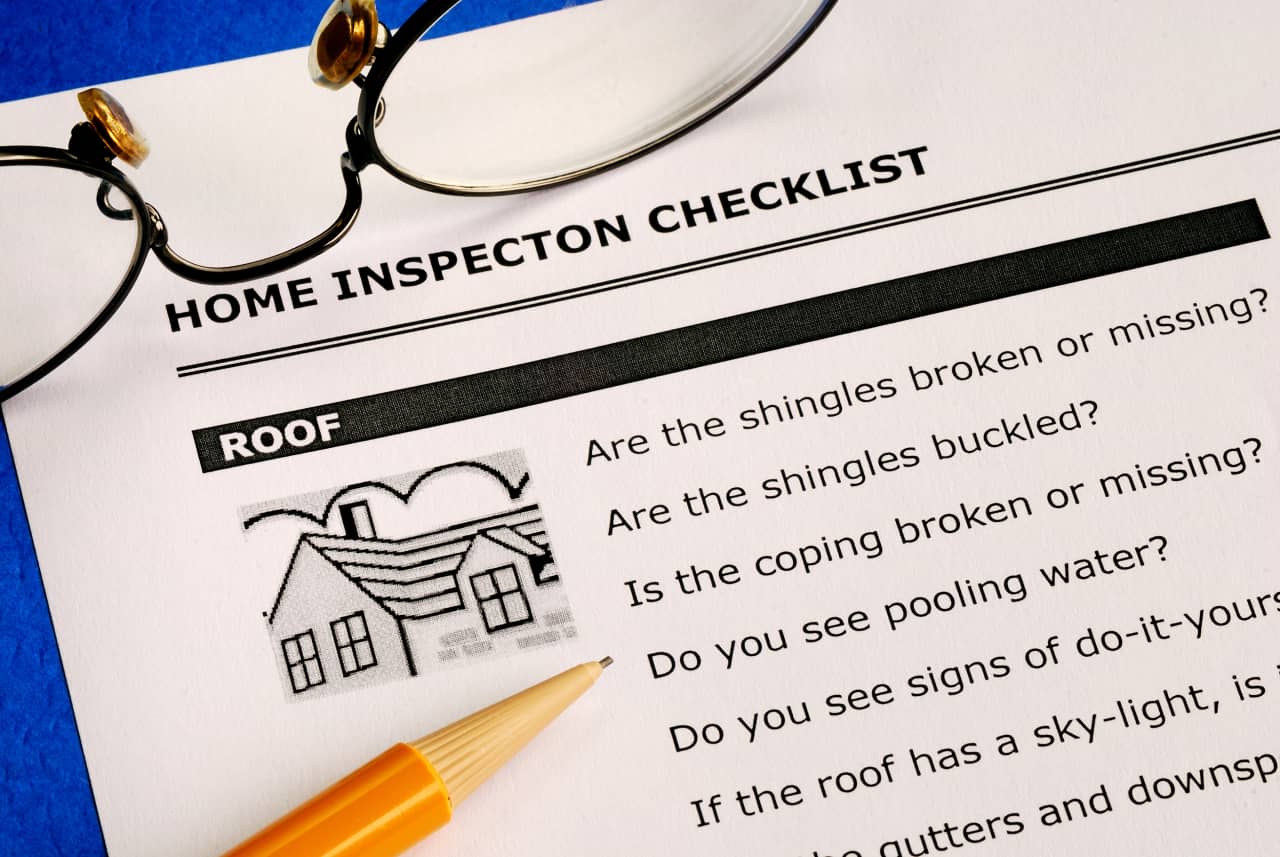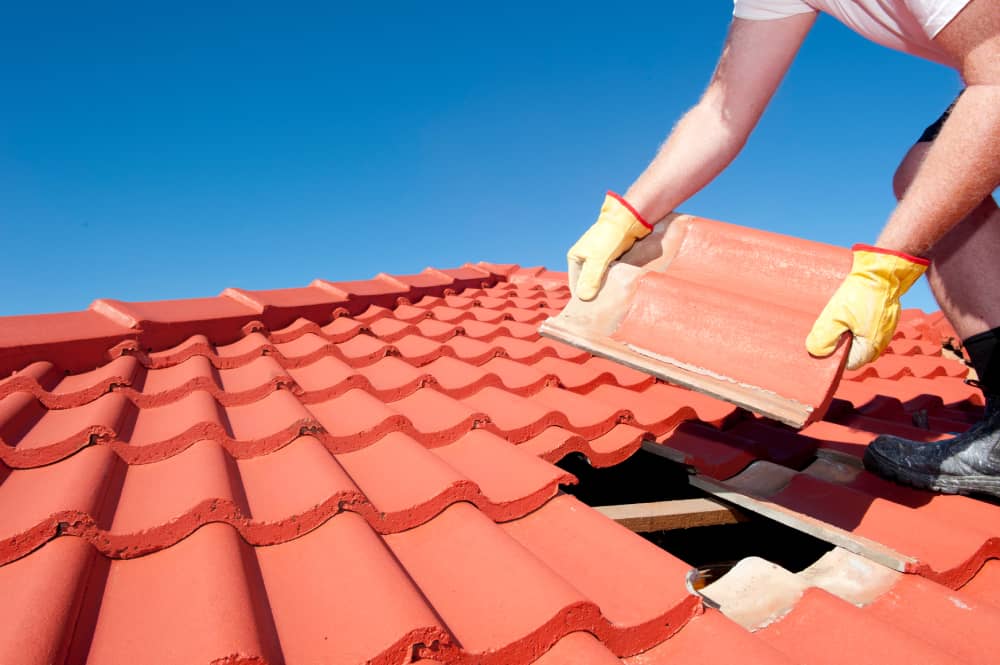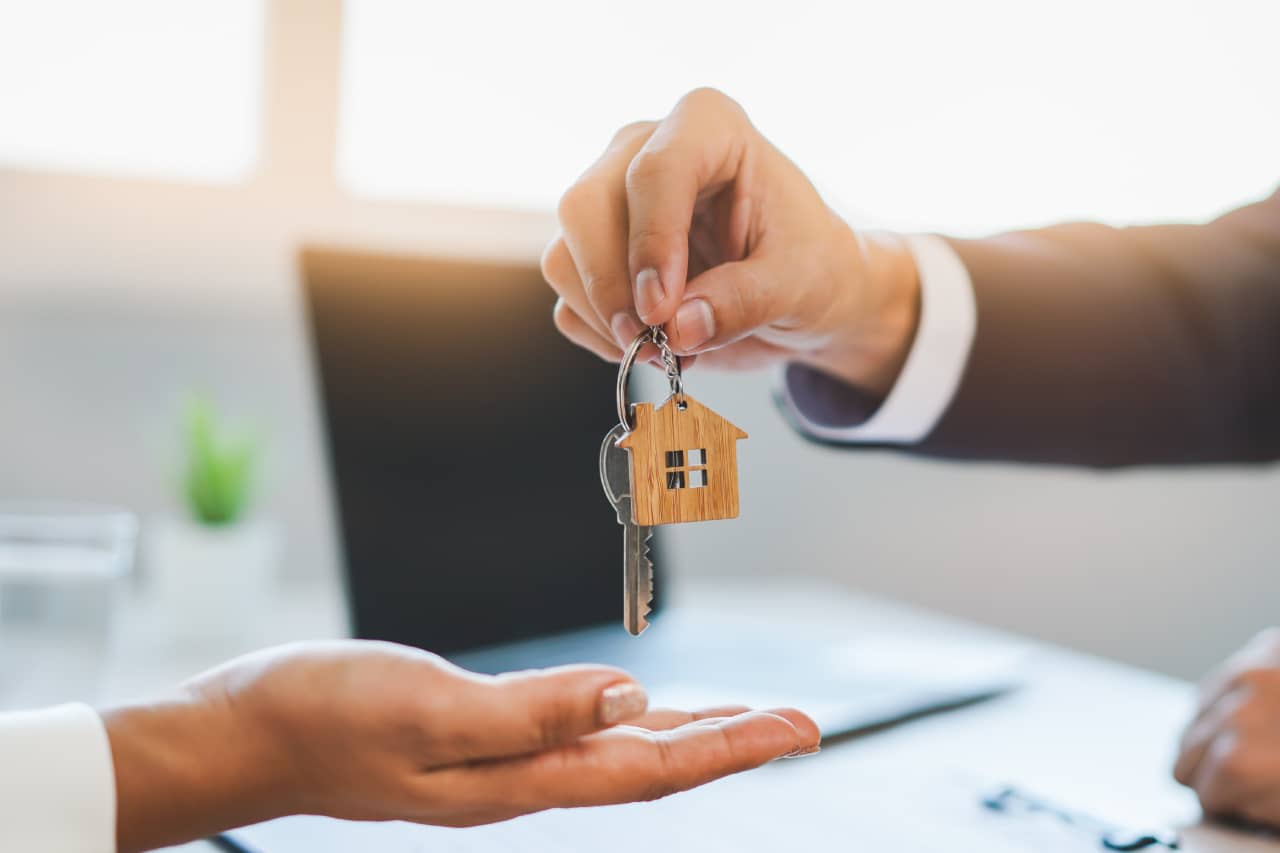The process of buying your first home is an exciting journey for any homeowner. It’s always a dream come true for many. However, amid all the excitement and nervousness, you’re likely to forget to factor in some crucial aspects as you decide which home to buy. However, this shouldn’t worry you; you can be as happy as you need to be since this article highlights the questions you need to ask your real estate agent. They’ll be more or less a checklist to your buying process; read on for this and more.
Consider asking the following questions:
1. What Are The Financing Options
There are many ways you can acquire your home; you can decide to pay in full, as stated earlier, take a mortgage, get a loan, among others. Here, it’s best to ask your real estate broker and bank the financing options they offer and accept.
From the list, each has several options. For instance, you can opt for a fixed or adjustable interest rate with a mortgage. With a fixed interest rate, as the name suggests, the interest rates you agree on remain until you finish paying up. On the other hand, adjustable interest rates will change depending on the current market rates.
Before settling on a given financing option, you need to research since each has advantages and disadvantages. Also, inquire how much down payment you have to make upfront before the financing.
2. Which House Is Available Within Your Budget
The amount of money you have determines the type of home you can purchase. Choose a home that you can easily afford without strain -whether you’re planning to pay the full amount or acquire a loan.
Therefore, before starting your search for a home, sit down and assess your current finances without forgetting your future personal needs. If you’re to use a loan, are you in a position to pay the installments in full and on time?
3. What Is The Condition Of The House

Before settling on a specific home, you need to hire a professional to conduct an inspection on your behalf or have your MV Realty realtor do this. They’ll know what to look for to determine if the home is worth your investment.
Some of the aspects to check are the plumbing and electrical systems, insulation, roof condition, and the equipment and appliances. In some situations, you might have to renovate. The biggest question to ask is whether you’re ready to do all this, not forgetting the associated costs.
Your realtor will advise you accordingly, factoring in the costs of these works and the amount you’re paying for the house.
4. What Is The Minimal Credit Score Needed For A Loan
Knowing your credit score is essential, especially if you’re looking to take out a loan to purchase your home. Various platforms allow you to take free credit score tests online; go ahead and take one to know where you stand.
A good credit score is crucial since it’ll determine how quickly you get a loan and the interest rate you’ll pay. Consider asking your financier the credit score you need to get the best loan deals. If you’re below their range, all hope isn’t lost; you can improve your credit score. All you have to do is be proactive with your utility payments. If it’s your bills, pay them on time or earlier on; if you have debts, clear them.
With a good credit score, you might only need to pay a small down payment with very low-interest rates, which is a plus.
5. Where Is The House Located
The location of your new home is crucial since it’ll determine the comfort you’ll get in your home. You want your new home to be in an area close to social amenities, such as schools and hospitals. It is crucial if you’re looking to resell your home in the future.
Safety should also be an aspect to consider. You don’t want to live in an area where you keep worrying about what could happen.
6. Does The House Have Any Tax Obligations
Most homes will have property taxes on them. Property taxes are a given percentage of your home’s value that you pay, mainly yearly. The percentage you’ll pay is tied to the neighborhood of your home and your type of home. The higher the value of your home, the more taxes you’ll pay.
However, it’s good to note that isn’t always the case since different states have varying laws. Therefore, you need to research or ask your real estate brokerage about this. If you don’t have the finances to include property taxes, settle for a house that doesn’t incur them. On the other hand, if you don’t mind the taxes, ensure that you have the means to pay them without straining your finances.
7. What Maintenance Levels Are Needed
Maintenance is an essential aspect to look at since it determines your running costs once you move in. Here, the size of the home greatly determines the maintenance needs. A big house means high water and electricity bills, among others. Can you afford to pay for these each month? Are you able to service the available appliances if you’re buying a furnished home?
It’s much safer to purchase a home whose bills you can comfortably afford. That is because if you buy one beyond your means and you struggle to keep up with your bills, it’ll affect your mortgage payment plans. Defaulting on your mortgage plan might lead to the repossession of your home without any compensation.
8. Are There Re-Financing Options
In paying out your mortgage, you might see the need to change your current payment plan. That is because you want to pay cash on the remaining balance and get done with the mortgage, or your current interest rates are too high, and you want to lower them.
Therefore, before settling on a given financing option, inquire about this with your financial institution. Some might agree but with specific terms and conditions. If you want lower interest rates, you might have to pay more money than the home’s initial price. Here, weigh your options before deciding to refinance.
Conclusion
Buying a home for the first time might prove challenging since you don’t know the avenues to consider in this process. To settle on the right home for you, you need proper guidance, as this article gives. Therefore, consider asking the questions this article discusses as you prepare to buy your first home; the questions cover most of the aspects of home buying. With this guide, you won’t go wrong.












